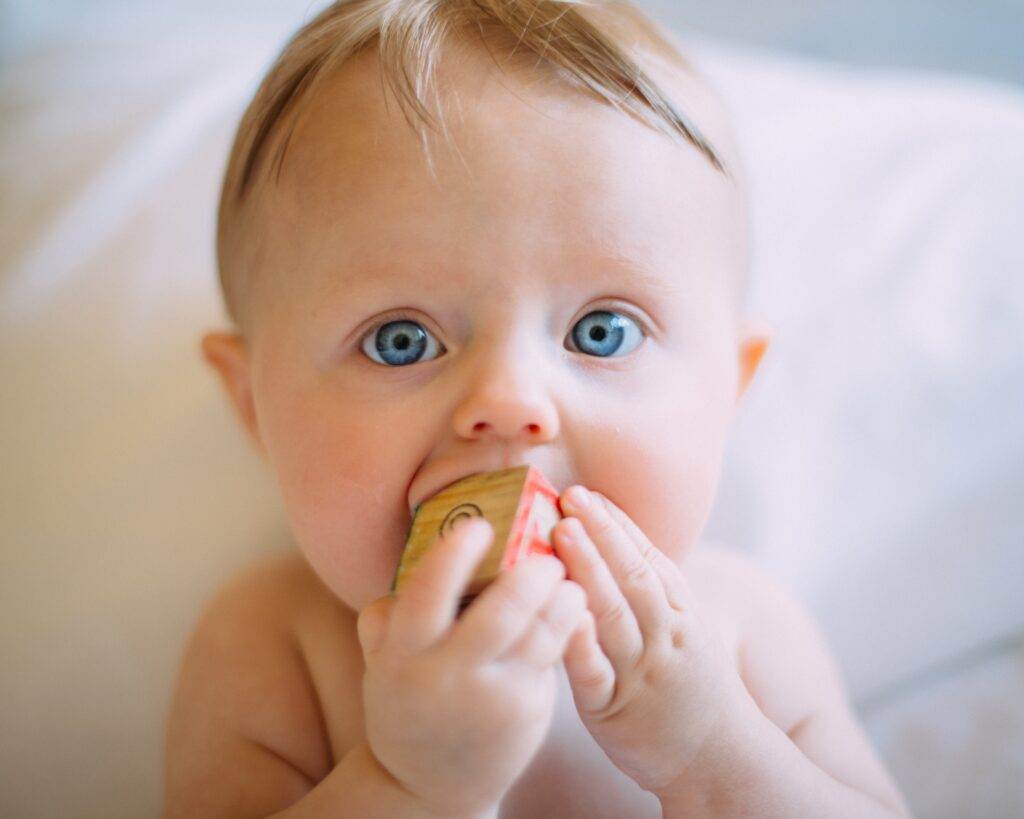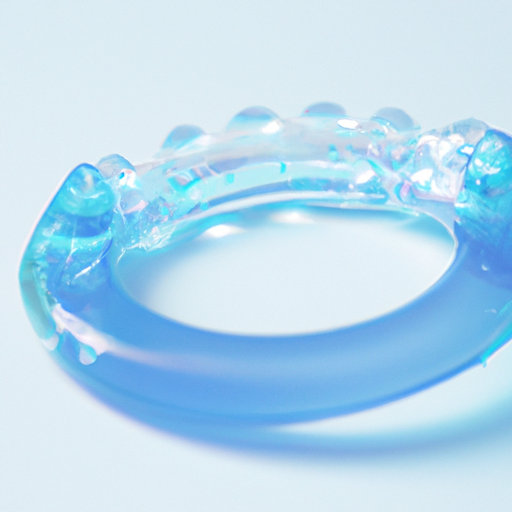Have you ever experienced the frustration of trying to get your baby to sit peacefully in their car seat, only to be met with relentless cries and screams? If so, you’re not alone. The “Why Does My Baby Hate the Car Seat?” product aims to unlock the mystery behind this common struggle, providing parents with valuable insights and practical solutions to create a happier and more comfortable ride for both baby and caregiver.

Sensory Factors
Uncomfortable Positioning
When it comes to car seats, one of the main reasons why your baby may hate being in it could be due to the uncomfortable positioning. Babies have delicate bodies, and if the car seat is not properly adjusted or does not offer the right support, it can cause discomfort. Ensure that the harness straps are adjusted correctly, keeping your baby secure but not too tight. Additionally, make sure the seat is properly padded to provide a comfortable sitting experience.
Strap Tightness
Another sensory factor that can contribute to your baby’s dislike for the car seat is the tightness of the straps. While it’s important to keep your baby secure and safe, if the straps are too tight, they can dig into your baby’s skin and cause discomfort. Make sure to check the strap tightness regularly and adjust it as needed to ensure a snug fit without causing any irritation or discomfort.
Temperature Sensitivity
Babies are more sensitive to temperature than adults, so if your car seat becomes too hot or too cold, it can make your baby feel uncomfortable. During hot weather, the car seat can become excessively hot, causing your baby to sweat and feel uneasy. On the other hand, during colder temperatures, the car seat may not provide adequate insulation, making your baby feel chilly. Be mindful of the temperature in the car and dress your baby accordingly to ensure they are comfortable throughout the journey.
Motion Sensitivity
Kinesthetic Discomfort
Some babies are more sensitive to movement than others, and this can contribute to their dislike of the car seat. The motion experienced while traveling in a car can be disorienting for babies, making them feel uncomfortable or even nauseous. This discomfort can lead to irritability and crying. To help alleviate this discomfort, try to minimize sudden stops or starts during the car ride, and consider using a car seat that offers additional support or cushioning.
Motion Sickness
Just like some adults, babies can also experience motion sickness. The combination of the car’s movement and the constrained seating position can trigger feelings of nausea and dizziness in babies. This can result in a strong aversion to the car seat. To reduce motion sickness, consider keeping the car well-ventilated and avoiding feeding your baby immediately before traveling. You may also want to consult with your pediatrician for advice on how to manage motion sickness in babies.
Fear and Anxiety
Separation Anxiety
Babies thrive on the presence and closeness of their caregivers, and being placed in a car seat can result in feelings of separation anxiety. Your baby may feel distressed and anxious when being physically separated from you and being confined in the car seat. To help ease separation anxiety, maintain eye contact with your baby while securing them in the car seat and provide reassurance through comforting words or a familiar object, such as a blanket or toy.
Fear of the Unknown
Car rides can be unsettling for babies because they are often exposed to new environments and sensations that they are not familiar with. Babies are creatures of habit and may feel fearful or anxious when faced with the unknown. To make car rides less intimidating, try creating a soothing and familiar environment by playing soft music, bringing along a favorite stuffed animal, or using a car seat cover that smells like home.
Negative Association
If your baby has had negative experiences or discomfort while in the car seat, they may start associating it with those negative feelings. For example, if your baby has experienced discomfort due to an incorrectly adjusted seat or tight straps, they may develop a negative association with the car seat. It’s important to address and rectify any issues that may have led to negative experiences to establish a positive association with the car seat.
Developmental Factors
Need for Movement
Babies have a natural instinct for movement and exploration. They are used to being held, rocked, and carried around. Placing them in a stationary car seat can restrict their desire for movement, leading to frustration and discomfort. To accommodate their need for movement, consider using a car seat that allows for gentle rocking or motion, or take regular breaks during long car rides to give your baby an opportunity to stretch and move around.
Curiosity and Exploration
Babies are naturally curious and love to explore their surroundings. Being confined in a car seat can limit their ability to satisfy this curiosity, making them feel bored or frustrated. To help stimulate their senses and promote engagement, consider attaching age-appropriate toys or a mirror to the car seat to provide visual and sensory stimulation. This can help keep your baby entertained and reduce their aversion to the car seat.
Physical Discomfort
Hunger or Thirst
Being hungry or thirsty can make anyone irritable, including your baby. If your baby is experiencing hunger or thirst during a car ride, the discomfort may be intensified, leading to fussiness and a dislike for the car seat. Before embarking on a car journey, ensure that your baby is well-fed and hydrated to minimize the chances of hunger or thirst-induced discomfort.
Diaper Change Needed
A wet or soiled diaper can be a source of discomfort for your baby, making them unhappy and reluctant to stay in their car seat. Check your baby’s diaper before setting off on a car journey and change it if needed to ensure their comfort. In addition, make sure the car seat itself is clean and free of any unpleasant odors that may cause further discomfort or aversion.
Physical Pain or Discomfort
If your baby is experiencing any physical pain or discomfort, such as teething discomfort, an ear infection, or an injury, being confined in a car seat can exacerbate their discomfort and result in an aversion to it. It’s essential to address any underlying physical issues or discomforts before embarking on a car journey to ensure your baby’s well-being and minimize their discomfort.
Inadequate Support
Lack of Head and Neck Support
Proper head and neck support are crucial for babies, especially for their developing muscles and delicate spines. If a car seat lacks adequate support, it can cause discomfort and possibly even pose a safety risk for your baby. Ensure that the car seat you use provides proper head and neck support that is suitable for your baby’s age and size. If needed, use additional support like a rolled-up towel or a specially designed headrest.
Insufficient Padding
Car seats that lack sufficient padding can cause discomfort for your baby. Without adequate cushioning, your baby may feel pressure points or discomfort during the car ride. When selecting a car seat, prioritize those with sufficient padding to provide a comfortable and supportive seating experience for your little one.
Restricted View
Lack of Visual Stimulation
Babies are naturally drawn to visual stimuli and enjoy looking at their surroundings. If your baby’s car seat is positioned in a way that restricts their view or if the car ride lacks visual stimulation, your baby may feel bored and frustrated. Consider adjusting the car seat positioning to allow your baby to see out of the window or provide them with age-appropriate visual stimulation, such as colorful toys or books, to keep them engaged and entertained during the journey.
Limited Interaction with Environment
Being confined in a car seat can limit your baby’s ability to interact with their environment. Babies thrive on social interaction and engagement, so feeling isolated or cut off from interactions during a car ride can make them feel unhappy. Engage with your baby by talking, singing, or playing games during the car ride to provide them with a sense of connection and include them in the experience.
Disruption of Routine
Interrupted Sleep or Feeding Schedule
Babies thrive on routine, and any disruption to their established sleep or feeding schedule can result in crankiness and resistance to being in the car seat. If possible, plan car rides around your baby’s routine to minimize the chances of interrupted sleep or missed feedings. If a disruption is unavoidable, try to get your baby settled into the car seat a few minutes before setting off to allow them time to adjust and potentially fall asleep.
Transition Difficulties
Babies can find transitions challenging, and moving from the comfort and familiarity of their home or another environment into a car seat can be unsettling. Ease these transition difficulties by maintaining a calm and soothing atmosphere during the process of securing your baby in the car seat. Additionally, provide familiar objects or comforting elements, such as their favorite blanket or toy, to help them feel secure during the transition and journey.

Sensory Overload
Loud Noises
Car rides can expose your baby to various loud noises, such as traffic, honking horns, or sirens. These sudden and loud sounds can startle and overwhelm babies, causing them to feel anxious or frightened. Consider using soft music or white noise to help drown out some of the external noises and create a more soothing environment for your baby. You can also invest in car seat accessories that offer noise reduction or cushioning to minimize the impact of loud noises.
Bright Lights
Bright lights, whether from sunlight or streetlights, can be overwhelming for babies and may contribute to their dislike of the car seat. Excessive exposure to bright lights can cause discomfort, strain their eyes, and disturb their sleep. Using window shades or sunscreens can help filter out excessive sunlight and reduce the intensity of bright lights, creating a more soothing and comfortable environment for your baby within the car seat.
Parental Behavior
Anxious or Agitated Parent
Babies are highly attuned to their parents’ emotions and can pick up on signs of anxiety or agitation. If you are feeling stressed or anxious while handling your baby or securing them in the car seat, your baby may sense your emotional state and mirror that anxiety. Take a few moments to calm yourself before attending to your baby, and maintain a calm and relaxed demeanor during the car ride to help create a positive atmosphere.
Lack of Parental Engagement
Babies thrive on social interaction and engagement with their parents. If your baby feels ignored or disconnected during a car journey, it can understandably lead to dissatisfaction and a dislike for the car seat. Make an effort to actively engage with your baby during the car ride, providing interactive play, singing songs, or talking to them. Show them that they are not alone and that you are present and attentive to their needs.
Understanding the various factors that contribute to your baby’s dislike of the car seat can help you address and alleviate their discomfort. From sensory factors like uncomfortable positioning and strap tightness to developmental factors like a need for movement and curiosity, each aspect plays a role in your baby’s overall experience in the car seat. By making the necessary adjustments, ensuring comfort, and providing engaging stimuli, you can help create a more positive and enjoyable car journey for both you and your baby.








